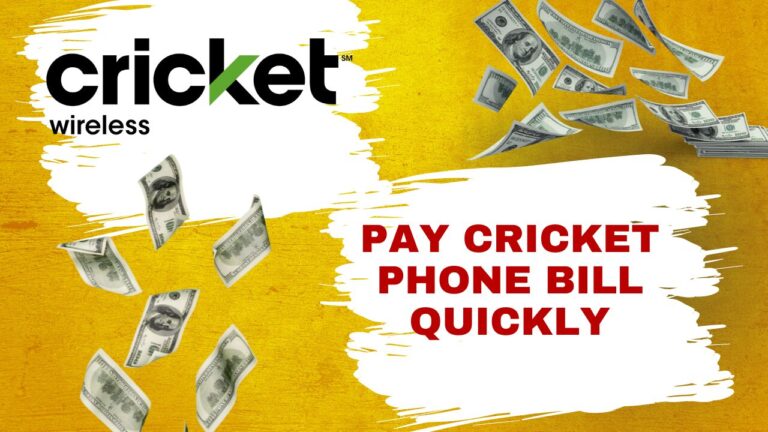Understanding the TributePrintedPics.com Case and How to Protect Yourself Online 2024
In a recent turn of events, TributePrintedPics, a popular custom-printed memorabilia company based in Florida, made headlines after its website was seized by the Florida State Police. Visitors to the site were met with a stark message: “This website has been seized.” For many, this was a shocking revelation, especially for loyal customers who had trusted the company with their cherished memories.
But what does it mean when a website is seized, and more importantly, how can you protect yourself from engaging with such sites? This blog post delves into the specifics of the TributePrintedPics case and offers practical tips to help you avoid falling into similar situations. Read also Cricket Quick Pay Phone Bil (2024 Guide)
The Seizure of TributePrintedPics: What Happened?
TributePrintedPics was well-known for offering personalized photo books, custom prints, and other memorabilia. The company had garnered a loyal customer base over the years. However, things took a dramatic turn when law enforcement, armed with a search warrant, raided the company’s headquarters and seized their website.

The Florida State Police executed the raid after a series of allegations suggested that TributePrintedPics was involved in illegal business practices. Although the full details of the case are still emerging, it’s clear that the seizure was part of a broader investigation into the company’s operations.
When a website is seized by authorities, it usually means that the site is suspected of being involved in illegal activities such as fraud, money laundering, or copyright infringement. The seizure notice replaces the website’s regular content and informs visitors that the site is under investigation.
Why Websites Get Seized: The Legal Framework
In the United States, and specifically in Florida, law enforcement agencies have the authority to seize websites as part of criminal investigations. This process is governed by several legal standards: read also Emirates Draw Mega 7 Result Today
- Probable Cause: Authorities must have probable cause to believe that the website is involved in illegal activities. This is a crucial step in obtaining a search warrant or court order to take control of the domain.
- Court Orders: The seizure of a website typically requires a court order. This legal document allows authorities to take over the domain and shut down the site.
- Digital Asset Seizure: Once the court order is obtained, the domain is transferred to government control, and a seizure notice is displayed to the public.
Tips to Avoid Engaging with Seized Websites
Given the rise in online fraud and illegal activities, it’s important to be vigilant about the websites you interact with. Here are some tips to help you avoid websites that could be at risk of being seized: Read also What should you expect at an Asian massage parlor?
- Check for SSL Certificates
- Always ensure the website has an SSL certificate, indicated by “https://” in the URL and a padlock icon in the address bar. While this doesn’t guarantee legitimacy, it shows the site takes security seriously.
- Research the Company
- Before making any transactions, do a quick background check on the company. Look for reviews, customer testimonials, and any news articles that might indicate previous issues or legal problems.
- Be Wary of Suspicious Offers
- If a deal seems too good to be true, it probably is. Sites offering products at unbelievably low prices might be operating illegitimately or could be at risk of legal action.
- Review Contact Information
- Legitimate businesses typically provide detailed contact information, including physical addresses, phone numbers, and customer service details. If a site only offers a generic email address or lacks contact information altogether, proceed with caution.
- Look for Regulatory Information
- Check if the website displays any certifications or regulatory information, especially if it’s a business that requires specific licensing (e.g., financial services, healthcare products).
- Monitor for Red Flags
- Be on the lookout for warning signs such as frequent downtime, sudden changes in payment methods, or strange requests for personal information. These could indicate that the site is under scrutiny or involved in questionable activities.
- Use Secure Payment Methods
- Opt for secure payment methods like credit cards or payment gateways that offer buyer protection. Avoid direct bank transfers, especially for unfamiliar websites.
- Read the Fine Print
- Always read the website’s terms of service, privacy policy, and refund policy. These documents can provide insight into the company’s operations and how they handle disputes.
- Verify with Third-Party Sources
- Use tools like the Better Business Bureau (BBB), Trustpilot, or other third-party review sites to verify the legitimacy of the business. If the company has unresolved complaints or a low rating, it may be a red flag.
- Stay Informed About Legal Actions
- Keep yourself informed about ongoing legal cases or government actions against companies in your industry of interest. This awareness can help you avoid engaging with businesses under investigation.
Conclusion: Stay Vigilant and Informed
The seizure of TributePrintedPics serves as a reminder of the importance of due diligence when interacting with online businesses. As consumers, it’s crucial to stay informed and vigilant to avoid falling prey to illegal activities or getting caught in legal crossfires. By following the tips outlined above, you can better protect yourself from engaging with websites that may be at risk of being seized by authorities.
In an increasingly digital world, understanding the signs of a potentially problematic website is not just advisable but necessary. Always prioritize your online safety and ensure that the businesses you support operate within the bounds of the law.







